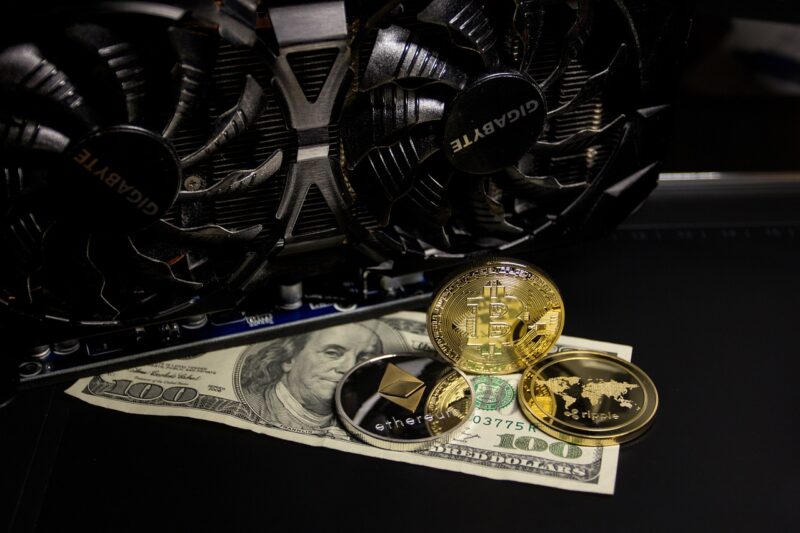Welcome to the fascinating world of cryptocurrencies! As a newcomer, it’s essential to understand the importance of securely storing your digital assets. In this article, we’ll guide you through the best practices for cryptocurrency storage in 2024, ensuring that your investments remain safe and accessible when you need them.
Why Secure Storage Matters
Cryptocurrencies are digital assets stored on blockchains. Unlike traditional currencies, there’s no physical representation of these assets. The only way to access your cryptocurrency is through a private key – a long, unique alphanumeric string. If someone gains access to your private key, they effectively gain control of your digital assets. This underlines the importance of secure storage practices.
Types of Cryptocurrency Wallets
There are two primary types of cryptocurrency wallets: hot wallets and cold wallets.
Hot Wallets
Hot wallets are connected to the internet and are often used for day-to-day transactions due to their accessibility. Examples of hot wallets include online exchange wallets and software wallets. While convenient, hot wallets carry a higher security risk because of their constant internet connectivity.
Cold Wallets
Cold wallets are offline storage solutions, making them less susceptible to hacking attempts. They are ideal for storing substantial amounts of cryptocurrencies or long-term holdings. Hardware wallets and paper wallets are examples of cold wallets.
Best Practices for Secure Storage
- Use hardware wallets for long-term storage: Hardware wallets provide robust security for your digital assets. For example, the Ledger Nano X and Trezor Model T are popular hardware wallets in 2024.
- Enable two-factor authentication (2FA): Implementing 2FA on your wallets and exchange accounts adds an extra layer of security against unauthorized access.
- Back up your wallets: Regular backups ensure that you can recover your private keys and regain access to your cryptocurrencies if your wallet is lost or damaged.
- Stay updated: Always keep your wallet software and hardware firmware up-to-date to mitigate security vulnerabilities and ensure compatibility with evolving blockchain ecosystems.
- Creating multiple backups: Store backups in secure, geographically distinct locations in case of damage or loss. This will help you recover your assets even in the most challenging scenarios.
Conclusion
The world of cryptocurrencies is exciting and dynamic, with ample opportunities to grow your wealth and engage in decentralized financial services. Securing your digital assets with proper storage practices is essential for your peace of mind and financial security. By following the guidelines provided in this article, you can trust that your cryptocurrencies are well-protected, allowing you to enjoy the innovative world of digital currencies with confidence.

